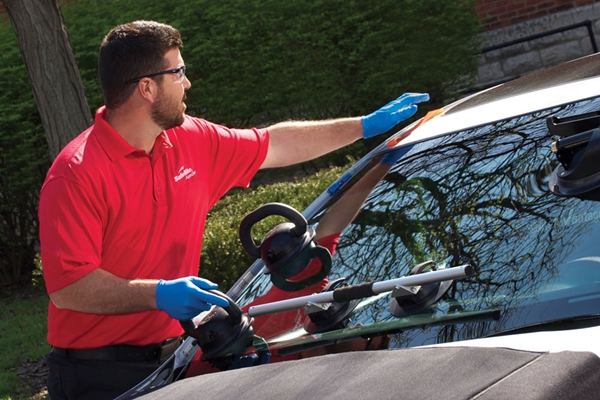Repairing Your Automobile On Your Own - Tips To Help
Apr 7
Learning about auto repair can be your ticket to saving a lot of money, especially if you have an old car or one with several problems. This article will provide you with some great tricks that you can use for a lifetime. Read on to start doing auto repair yourself.
Keep your car records on hand. Keeping them in the glove compartment is smart. Any mechanic who works on your car is going to want to see them. This will help to diagnose any problems.
Contact your local Better Business Bureau if you need more information on a mechanic or a garage. If some complaints have been filed against them, your Better Business Bureau will tell you. Ask your friends and family about the different mechanics they have dealt with in the past to get some recommendations.
Rotate your car tires every 6,000 miles or at every other oil change. Rotating your tires on a set schedule helps ensure that they wear evenly, and thus last longer. Your car will also be easier to drive, as unbalanced tires can lead to the car pulling to one side or the other.
Consider how well kept an auto repair shop is when making your decisions. A sloppy shop can be a sign that the workmanship you're about to receive will be pretty sloppy as well. Opt for the auto repair shop that keeps its floors and space clean of tools and rubble. It's not a guarantee of great workmanship, but it's a sure sign that your chances are better that you'll receive the service levels you'd like.
If you are paying to have new parts installed in your car, ask the mechanic if you can see them. There is no reason why he should refuse to let you see what you have paid for. If you have any indication that the items are not new, tell the mechanic that you will be getting the work done elsewhere.
Do not ignore unusual noises you hear when driving. Clunks, screeches, clicks and pings are usually caused by loose parts. Take your car to a trustworthy mechanic and describe the noise as best as you can. Your mechanic will probably replace or adjust the parts that were causing the noise.
Keep an eye on your transmission. If it's performing poorly, it could be the actual component, a plugged filter, or a disconnected hose. Have your mechanic check the simple things first since repairing transmissions can be expensive. Common issues to watch out for are no response or a delayed response when shifting from neutral to drive or reverse, hard or abrupt shifts between the gears, failing to shift during acceleration, and slippage when accelerating.
Take your owner's manual with you when you go to the auto repair shop to get work done. If someone tells you that you need to get a service after a certain amount of miles, check and see if that matches what is in the manual. If it does not, let them know that you decline that particular service.
Don't ignore a "Check Engine" light. Many people think it's ok since they continue to run their car with no obvious issues. But a check engine light would have never appeared unless some internal check failed. It's best to get it looked into immediately, or you run the risk of a larger problem down the road.
You can easily do some preventative maintenance such as adding more oil or refilling the windishield wiper fluid compartment. It's a falsehood that only mechanics are qualified to perform routine maintenance. Learn about the process and then dive in!
Keep good records of your car's repair history and maintenance schedules. This often helps a mechanic diagnose problems more quickly. Without a good history of the car, the mechanic may waste time finding the problem. This can be expensive. In addition, when you keep good records, it tells the mechanic you take car maintenance seriously, and that you know what you are doing. They are less likely to "pad" your bill, since they know you are well informed.
If you go to an auto mechanic and you are asking a lot of questions, take notice of his demeanor. It is perfectly normal for people to have questions about vehicle repairs. If he seems like he is bothered by you asking questions, you should probably go elsewhere to get your repairs done.
Request that the shop doing your auto repairs only use original equipment manufacturer, or O.E.M., parts. The additional cost compared to generic components is worth the investment in the long run. You can expect optimal performance and increased vehicle longevity when you choose parts specifically made for your car rather than generic.
As mentioned in the beginning of this article, there are so many benefits to learning how to do auto repair on your own. Besides saving money from going to the mechanic, you can impart your wisdom onto friends and family members. Remember these tips so you can do auto repair on your own!

